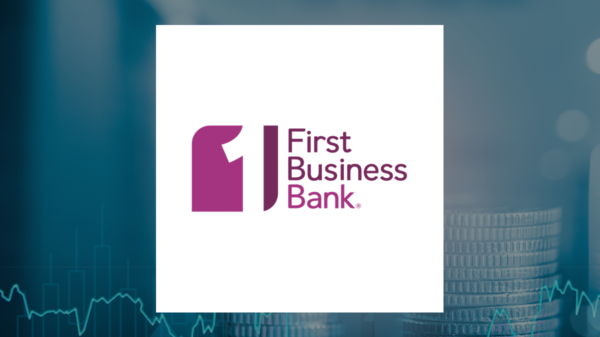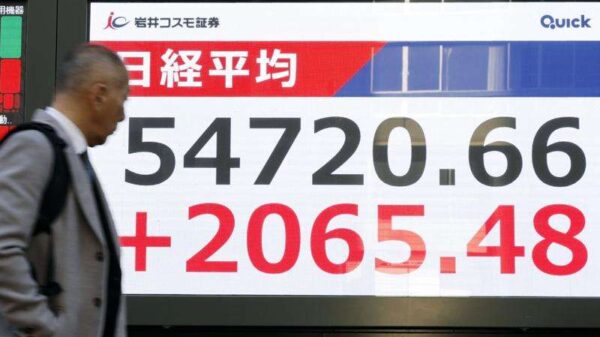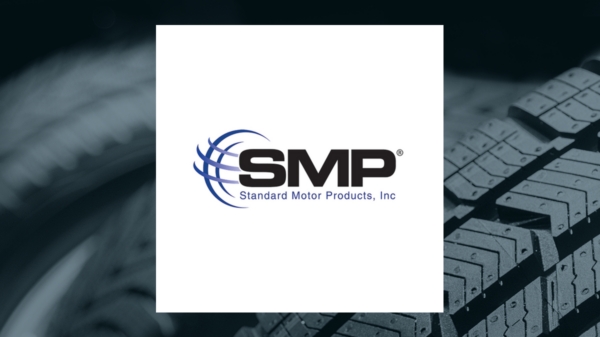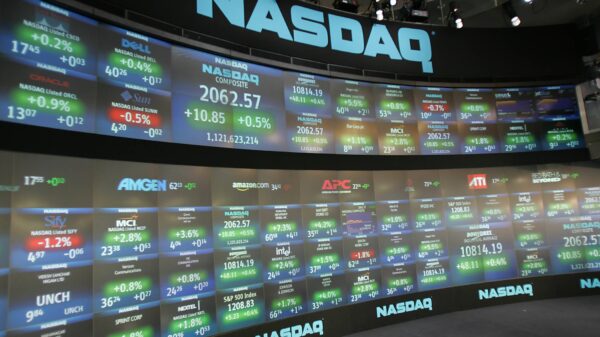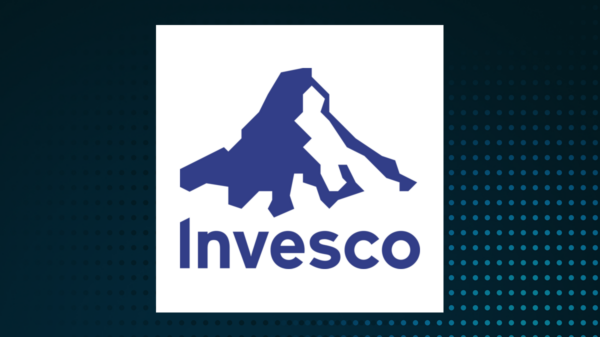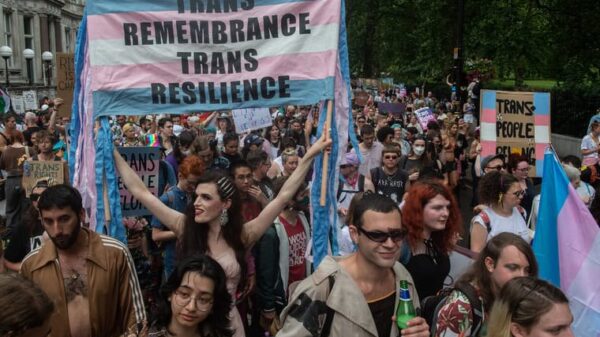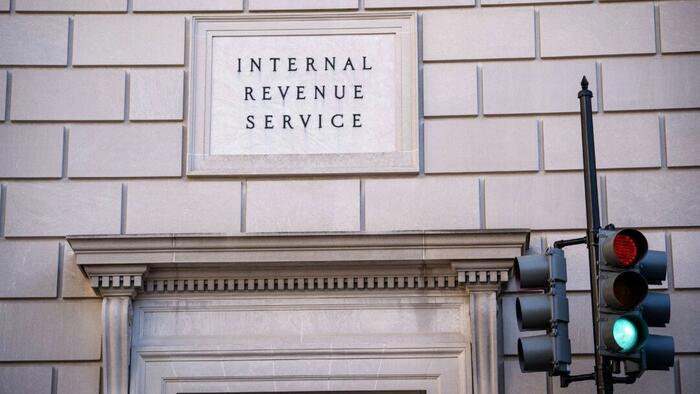The Internal Revenue Service (IRS) has reinstated the previous reporting threshold for Form 1099-K to $20,000 in gross payments and 200 transactions, according to a fact sheet released on October 23, 2023. This change comes under the provisions of the One Big Beautiful Bill Act, effectively reversing the lower threshold set during the Biden administration.
Form 1099-K applies to individuals engaged in gig work or those selling goods online. Third-party settlement organizations (TPSOs)—including popular platforms such as Amazon, eBay, PayPal, and Venmo—are required to submit this form to both the IRS and the respective taxpayers. The form details the total payments received for goods and services during the year.
Return to Pre-2021 Standards
Prior to 2021, TPSOs were mandated to issue Form 1099-K only when a seller received more than $20,000 and conducted at least 200 transactions annually. The American Rescue Plan Act, passed in 2021, lowered the threshold to $600, a move that faced significant backlash from taxpayers and digital-payment platforms. Critics argued that the new rule would inundate casual sellers with excessive paperwork.
Initially, the IRS planned to implement a phased approach to the new limit, proposing thresholds of $5,000 for 2024, $2,500 for 2025, and the original $600 starting in 2026. However, the changes were permanently repealed with the signing of the One Big Beautiful Bill Act by President Donald Trump on July 4, 2025. This legislation reinstates the earlier requirements, meaning TPSOs must again issue Form 1099-K only if both conditions of exceeding $20,000 and 200 transactions are met.
Tax Implications and Clarifications
The IRS clarified that the reporting threshold pertains solely to who receives the form and does not affect the taxability of income. “All income, no matter the amount, is taxable unless the tax law says it isn’t—even if you don’t get a Form 1099-K,” the agency emphasized. This includes income received in various forms, such as cash, property, or services exchanged for goods or labor.
The reinstatement of the pre-2021 standard has drawn praise from groups like the Coalition for 1099-K Fairness, which represents payment platforms and advocates for small businesses. The coalition argued that the $600 reporting requirement posed a significant burden on small businesses and individuals using payment applications, leading to unnecessary scrutiny of millions of transactions. They stated that returning to the previous threshold “brings clarity and consistency back to hardworking Americans and reduces administrative waste for both taxpayers and the IRS.”
The IRS also reiterated that personal transfers, including gifts, reimbursements, or shared expenses, should not trigger Form 1099-K reporting. Examples such as splitting the cost of a meal or receiving funds from a roommate for rent or utilities should be labeled as “non-business” transactions within payment applications when possible.
For taxpayers who receive a Form 1099-K erroneously, the IRS advises contacting the issuer, whose details are found in the upper-left “Filer” section of the form, to request a corrected version. Taxpayers should keep the original form along with any correspondence for their records and ensure timely filing of their returns, even if a corrected form cannot be obtained before the filing deadline.
This latest development from the IRS reflects ongoing efforts to balance tax compliance with the needs of an evolving digital economy, aiming to alleviate administrative burdens while ensuring all income remains taxable.











